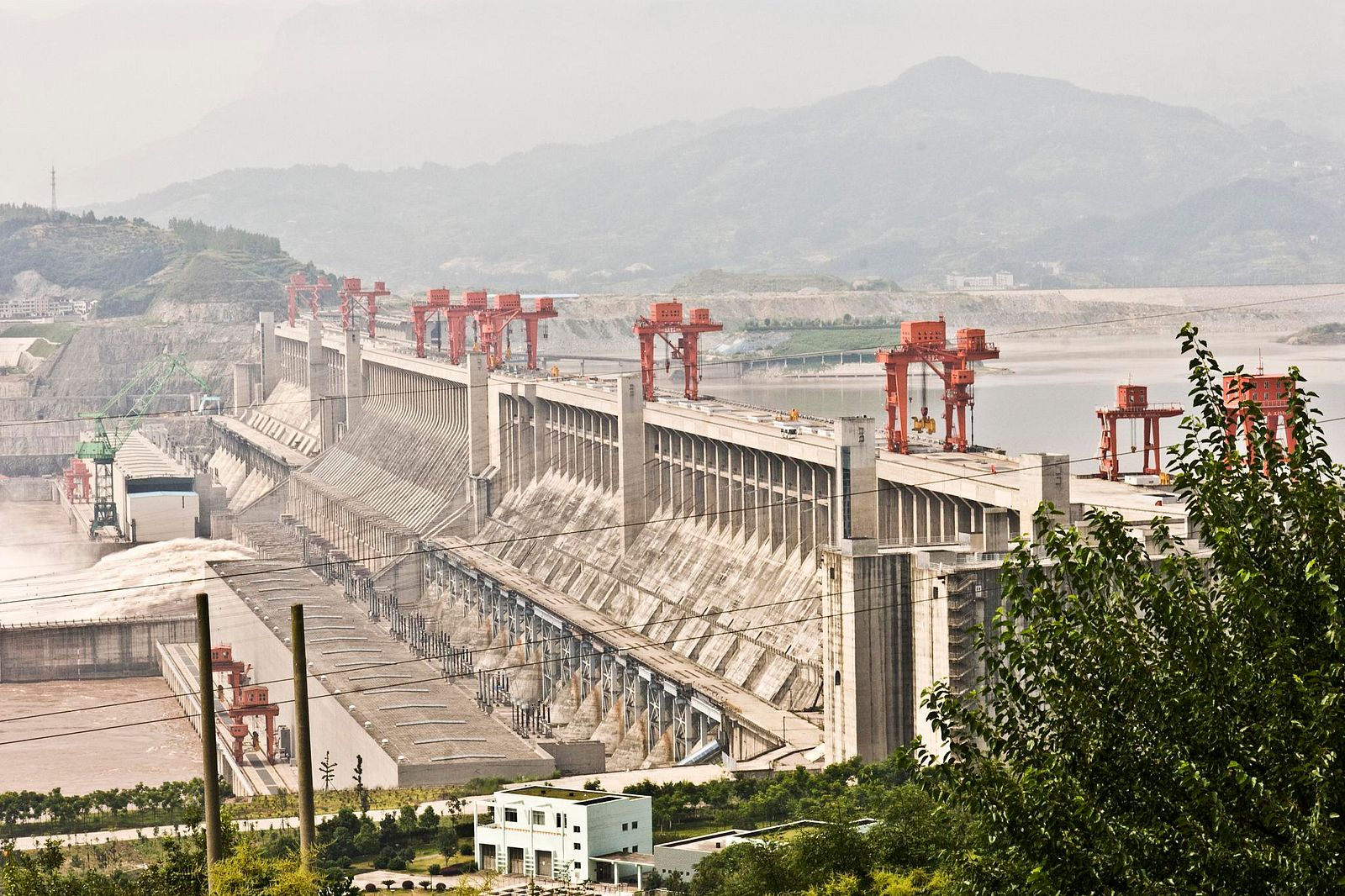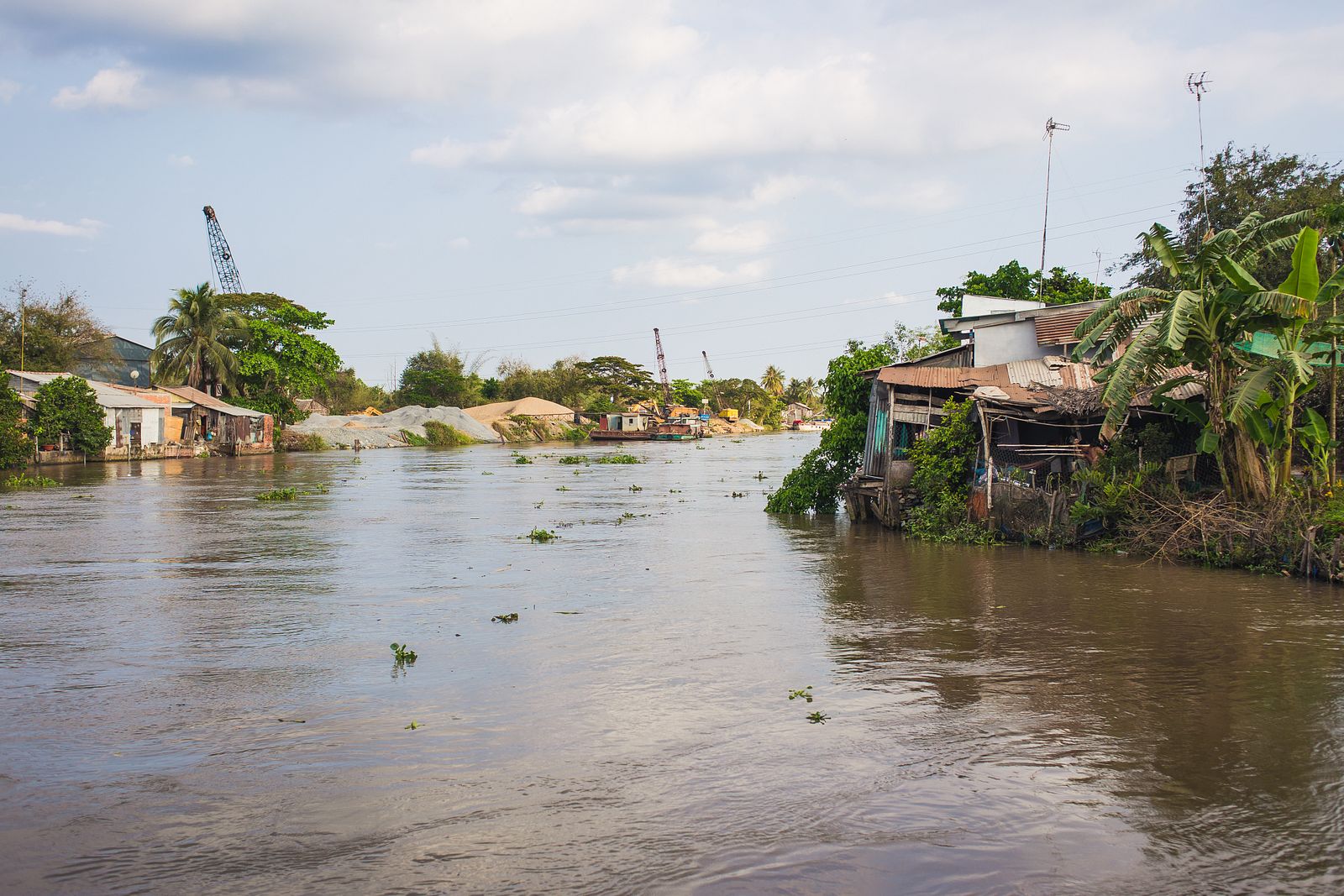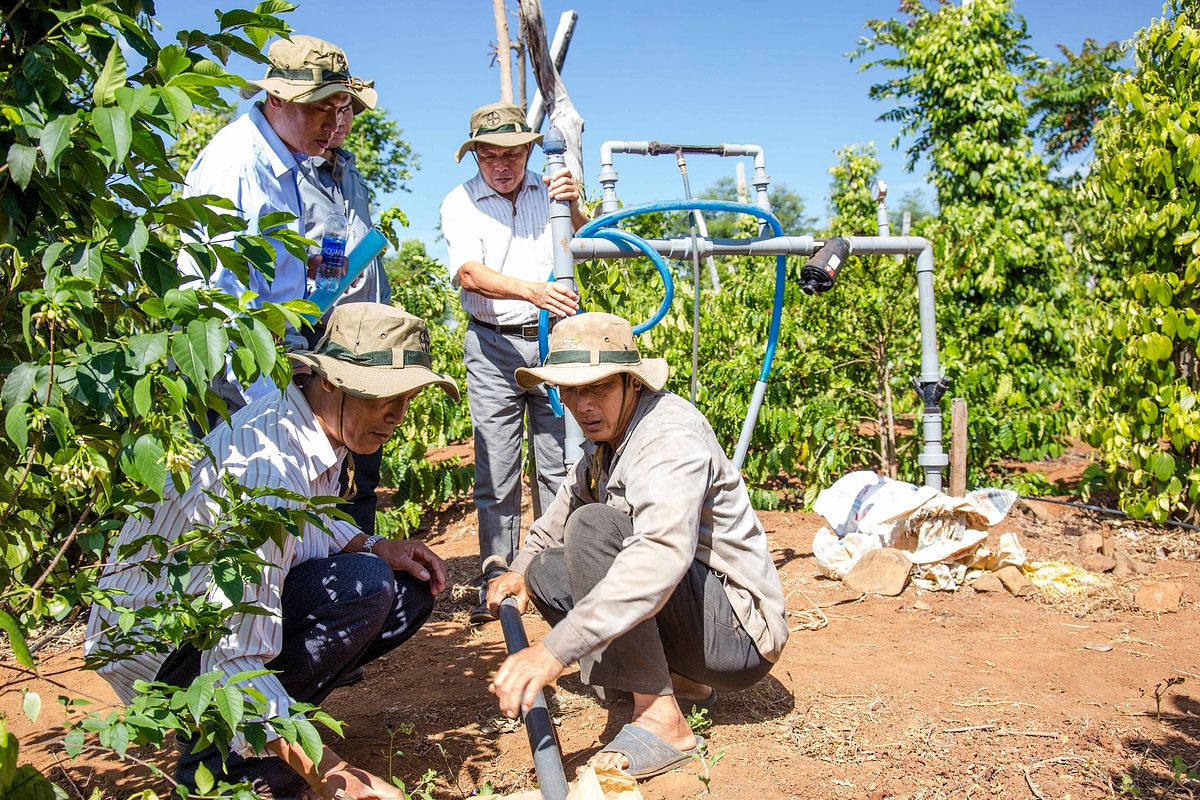While the Covid-19 pandemic has understandably dominated the news recently, a disaster is unfolding in the Mekong Delta.
VnExpress reports that a number of factors are driving the catastrophe in the region. For example, last year's monsoon season started late and ended sooner than normal, resulting in total rainfall that was 8% lower than usual.
Conditions appear to be even worse than the 2016 drought, previously considered the worst in the delta's history. That year, 600,000 people lost access to freshwater, while 160,000 hectares of paddy were destroyed and 800,000 tons of rice were lost. Financial damage from that drought hit US$237 million.
Nguyen Kim Trang, a farmer in the delta, told the news source that "people here will all starve to death." With little fresh water flowing through rivers in canals due to minimal rainfall and upstream dams, saltwater from the sea is pushing ever-farther into the region.
"The rice crop has died due to the salinity," Trang added. "Yet leaving all this behind to find jobs in the city is not a choice as everyone is scared of the ongoing epidemic and no one dares to go."
From March 11 to 15, salinity levels surpassed the records set in 2016. Le Thi Hi, 72, told the news source that she has never seen such conditions: "When even water for daily activities is scarce, where can we find water for farming?"
Numerous canals have run completely dry for the first time, while people rush to fill tanks with water from the precious few remaining sources.
In Ben Tre and Tien Giang, trucks have had to supply fresh water to people, the same news source reports. This water costs VND100,000–300,000 per cubic meter, while a company in Binh Duong Province sent a barge carrying 1,200 cubic meters of water to Ben Tre.
Nguyen Minh Huan, who carried two jugs of water in a wheelbarrow, said: "Water is now as precious as gold, so I have to carry them carefully. It would be a sin to waste even a single drop of water that people have brought here from hundreds of kilometers away."
Thus far, 40,000 hectares have been damaged, while 95,000 households no longer have access to fresh water. Long An, Tien Giang, Ben Tre, Kien Giang and Ca Mau provinces have all declared emergencies, and the drought isn't expected to let up until April.
[Photo via Nguoi Lao Dong]














